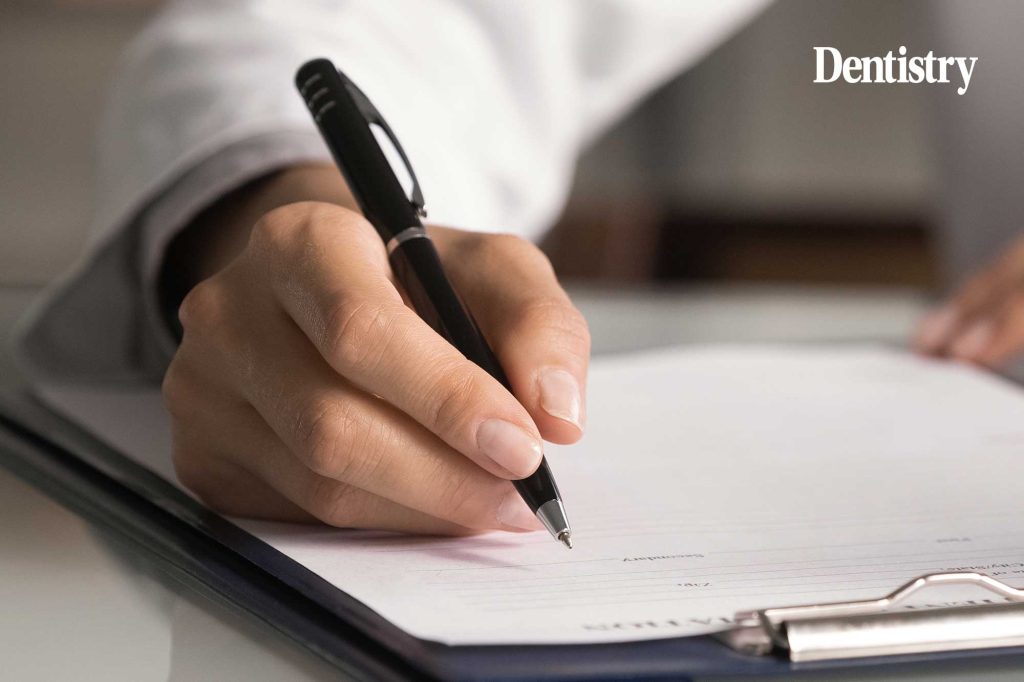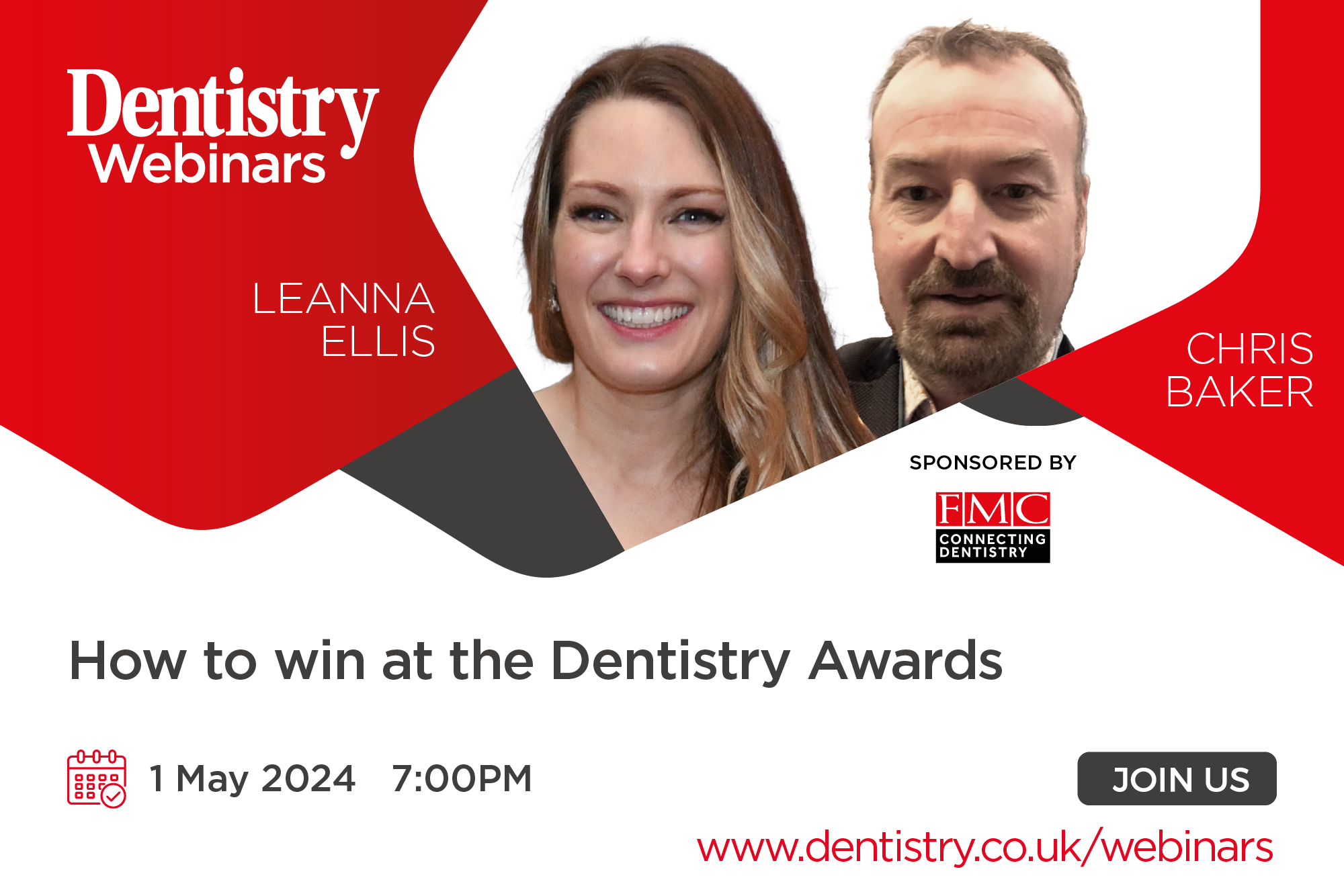
Last week, the government announced plans for dental hygienists and dental therapists to supply and administer certain types of medicines without sign off from a dentist. We hear from dentists to see what they think.
The move will streamline processes within dental practices, improve patient experiences and relieve NHS dental access issues, the government has said.
This comes after two government consultations were held on its proposal to amend the Human Medicines Regulations 2012 (HMRs) to grant these powers.
The government says that allowing dental hygienists and therapists to give patients certain medicines, including pain relief and fluoride, without sign off will free up dentists’ time, therefore improving dental services.
But what do dentists think?
Luke Hutchings, president of the British Association of Cosmetic Dentistry (BACD)
I’m delighted that changes are being made in the interest of better patient access and care; this should always be at the heart of what we do. Congratulations to those who have no doubt worked hard for this.
I work with two highly committed and caring dental therapists in my practice, so seeing them able to acquire added skills and work to their full scope is fantastic. I look forward to supporting them and continuing to nurture their growth.
I do hope that additional training and education will be made available and funded so as not to create a barrier and prevent these changes from making a real difference. I’d also hope that there is no marked increase in indemnity fees, further enabling more professionals to take advantage of the new opportunities available to them.
Zaki Kanaan, implant surgeon
The new powers granted to dental hygienists and therapists to supply and administer certain types of medicines without requiring sign-off from a dentist are a tremendous step forward in streamlining dental care delivery. This development, along with the previous ‘direct access’ success, not only empowers these skilled professionals to work more autonomously but also significantly reduces red tape in dental practices.
By allowing dental hygienists and therapists to take on expanded roles in medication administration, patients will benefit from improved access to essential treatments without unnecessary delays or barriers. This increased efficiency means patients can receive timely care, leading to better oral health outcomes and overall wellbeing.
Moreover, this progressive decision recognises the expertise and capabilities of dental hygienists and therapists, maximising their potential contributions to the dental team. It promotes a collaborative approach to oral healthcare, where each member can utilise their skills to the fullest extent, ultimately enhancing the quality and effectiveness of patient care.
In essence, these new powers represent a win-win situation for both dental professionals and patients alike. They pave the way for a more agile and patient-centred approach to dentistry, where individuals can receive the care they need promptly and efficiently, leading to healthier smiles and happier lives.
Nilesh Parmar, dentist
It’s great that dental hygienists and therapists are being recognised for the amazing work they do. However, giving them autonomy to prescribe fluoride and give injections is just removing a little bit of unnecessary red tape.
Is that going to help NHS waiting list? No. Is it going to greatly enhance patient care? Debatable. So I’m not really convinced that these measures are going to do anything to help the NHS dental crisis in this country. It’s great that the dental hygienists are given more responsibility, which they deserve and are more than capable of. But if we actually want to make a difference, we should give them an NHS performer number, and allow them to do dental treatment and perio on the health service. That’s what we need.
Anonymous, retired dentist
Since the 2006 contract for dentists wishing to work within the NHS, the strings have been gradually slackened to allow hygienists and therapists to play a bigger and bigger part in dental practice. Though this might ease the workload for individual practitioners, it does not and will not correct the fundamental method of renumeration thrust on the profession over the last 22 years which has proved to be unworkable and to the disadvantage of both practitioners and patients alike.
With the virtual dismantlement of the Dental Practice Board and its professional staff, it is unlikely that the previous ‘item of service’ will ever be restored even though, with its inherent faults, it was fair to both practitioners and patents.
No matter how the government of any colour juggles with the present contract, the time has come to take the decision – either include basic dentistry as part of the NHS and fully funded, or simply put dentistry in the same bracket as NHS optical services.
We are collecting further responses to last week’s announcement from dental hygienists and dental therapists. To get involved please email [email protected].
Follow Dentistry.co.uk on Instagram to keep up with all the latest dental news and trends.



